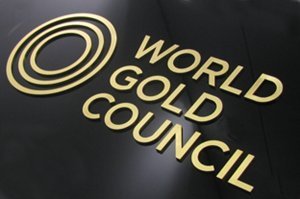World Gold Council Advises India on Gold Exchange

It has been suggested by the World Gold Council that India should establish its own gold exchange. The reason given for this drastic suggestion is that the country could then have its own domestic pricing structure. It is believed that this would greatly lower the possibility of aid standardization and arbitrage.
The World Gold Council also said that, “Fixing the price of gold through an Indian Gold Exchange would address pricing issues and an exchange would also improve transparency and assess gold supply and demand”.
The suggestion came as part a report released by the World Gold Council on Tuesday.
In order to build such an exchange, several storage vaults would have to be built which would be a large but easily manageable construction project for the country.
As things stand, the buying and selling of gold in India happens through several informal and formal channels, making regulations hard to enforce. Because of this lack of regulation, the price of gold often varies widely.
Up until recently, there was a rule in India that made it mandatory to export 20% of all of the gold that was imported to the country. This rule has now been revoked but 10% of all gold imports must still be exported.
India has a large current account deficit because of the country’s love of gold. This is something that Indian policy makers have tried to address by discouraging persistent large purchases. The current account deficit stands at $10.1 billion with a recent boom in gold imports only adding to the problem.
The report from the World Gold Council referenced the recent changes to policy in India and questioned their long term impact. The report said, “A fully functioning mobilized gold market requires a robust infrastructure, backed by a synthesized approach from government.”
The report went on to say that the establishment of a regulated and efficient economic policy would provide an incentive for banks to use gold collected as collateral or deposits. For example, Turkey, which is one of the top five consumers of gold in the world, allows banks to hold 30% of its liquidity reserves as gold. Although the number currently stands at 30%, it began at 10% and increased over time. With this system in place, Turkish banks now have 300 tonnes of gold monetized.
The World Gold Council has strongly suggested that if India was to follow the example set by Turkey, then they would surely yield comparable results. However, in order for this to be successful, banks would also need to become recognized channels for buying and selling gold. Currently in India, this usually only takes place in jewellery stores.
.

+ There are no comments
Add yours